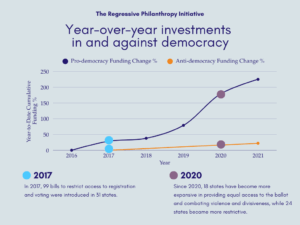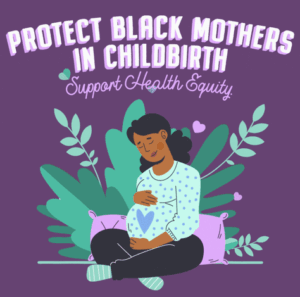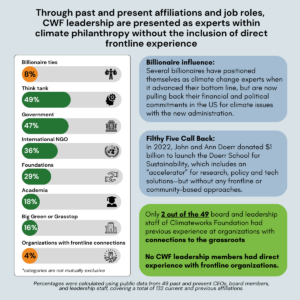The intersectional racial justice movement that has been building in our nation is truly a grassroots-led challenge to power and structural barriers to equity. Its leaders – many of them people of color, women and LGBTQ people – understand this, which is why they are seizing on the opportunity presented by recent uprisings in cities across the country and holding a movement summit in Cleveland in July – the Movement for Black Lives national convening. The organizers, many of whom are fresh from the front lines in Ferguson, Cleveland and elsewhere, are heralding the conference as “a space to realize that promise fully on our terms as Black people” and an opportunity “to shape our present and chart our future.”
The social unrest provoked by state violence against citizens of color presents a ”movement moment” chance to change our political and policy reality, and this convening represents a unique opportunity to support the folks on the ground doing the work. Funders should proactively encourage and facilitate attendance for grantees who would contribute to and learn from the summit, as well as find new grantee partners among the attendees. The convening is also a unique opportunity for funders to learn from attendees about how they can best support the growing movement.
Funders ought to reflect on American philanthropy’s mixed record on supporting social change on race issues. In Freedom Funders: Philanthropy and the Civil Rights Movement, NCRP pointed out that many foundation executives, “more concerned about avoiding controversy than achieving mission,” were hesitant to provide support for grassroots activists in the 1950s and ‘60s. Many “suffered from the misconception that injustice can be overcome entirely by private charitable service provision and without grassroots pressure or capacity investments in grassroots institutions” [emphasis added].
More than a generation later, racial injustice persists at nearly every level of our society. The Movement for Black Lives convening next month is a chance for funders to invest in exactly the kind of grassroots capacity building that was and is desperately needed. A handful of prescient funders knew it then; for example, the New World Foundation and the Field Foundation invested heavily in convenings and collective trainings for grassroots civil rights leaders, and their support was crucial to organizations like SCLC and SNCC, pillars of the movement.
As my colleague Niki Jagpal and I wrote in Cultivating Nonprofit Leadership: A (Missed?) Philanthropic Opportunity, investing in leaders at the grassroots is critical to the health and success of a movement. Without it, there cannot be real, lasting change for the better. That’s why funders like the Evelyn and Walter Haas, Jr. Fund, the Levi Strauss Foundation, the Barr Foundation and others have made investing in leadership development a priority. They and their peers ought to consider the Movement for Black Lives convening an opportunity to continue this work, as well.
A profound transformation of the social, economic and political fabric that for decades has marginalized our Black communities is possible. The Movement for Black Lives convening will be a major step in that transformation. Any foundation that is committed to achieving real equity and contributing to the dismantling of racism has an opportunity and a responsibility to participate.
Ryan Schlegel is research and policy associate at the National Committee for Responsive Philanthropy (NCRP). Follow @NCRP on Twitter and join the #CultivateNonprofitLeadership conversation.





































































































































































































































































































































































































































